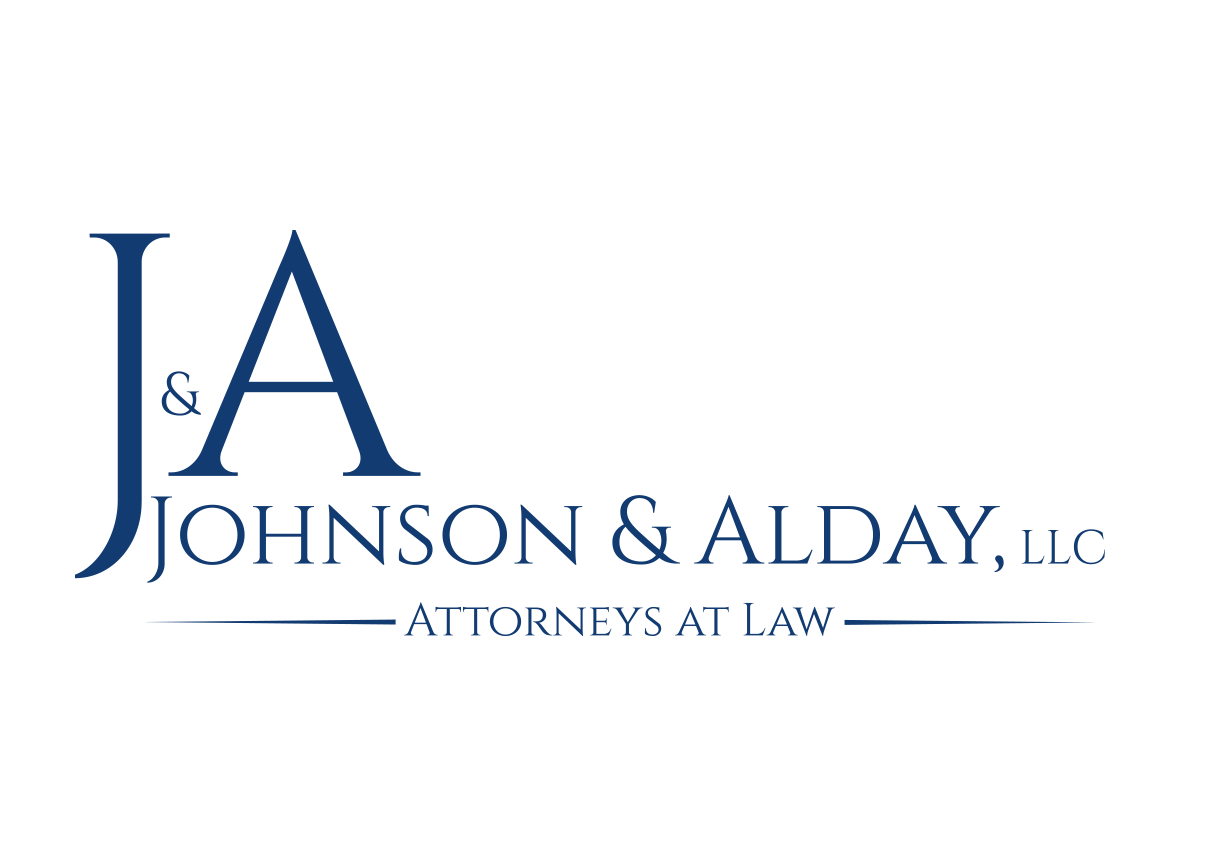Whiplash Injuries And Car Accidents
Whiplash is a condition that develops when the neck and head is suddenly and quickly snapped forward and backward. Such a force stretches the next structures beyond their typical range, which can result in injury. The symptoms for whiplash can be delayed, in which a person may start to feel aches and pains the next day or soon thereafter. Whiplash is a condition that is commonplace for those that have been in car accidents. As a car accident attorney, read on for further information about whiplash and what this injury entails.
Neck Stiffness or Pain
The neck is made of bony blocks, referred to as vertebrae, which are joined by discs that provide flexibility and strength. The force of a car accident can push the vertebrae out of their resting position, possibly fracturing them. The force from the accident and whiplash can cause symptoms such as dull muscular aches, sharp neck pain, and an inability to fully move the head from side to side, or up and down.
Arm or Hand Discomfort
Another sign of whiplash is loss of feeling in the hands and arm, in addition to a tingling sensation. This loss of feeling can be from damage to the spinal column or neck. Whiplash can cause nerves to get pinched or damaged from the intense pressure, leading to weakness, numbness, and tingling throughout the arms, hands, fingers, and shoulders. If untreated, this problem may exacerbate overtime.
Headaches and Ear Ringing
A headache is common for those who have whiplash and have been in a car accident. Whiplash headaches may present itself as pain or tension at the base of the skull. Some people may have pain on the side of their head and down towards their back, and others may have pain throughout their head. Whiplash headaches may cause pain behind the eyes and near the forehead too. The sudden jolting of the head in the event of a crash can create pressure and post-concussive symptoms, such as dizziness, tinnitus, and hearing loss.
Jaw Soreness and Stiffness
The temporomandibular joints (TMJ) connect the skull and the jawbone, which is essential in enabling the person to open and close their mouth to communicate, eat, yawn, sing, and make facial expressions. The force of a car accident may be enough to dislocate the jaw joint or cause temporomandibular joint disorder. TMJ can interfere with a person’s everyday life, since it can create a grating sensation or clicking sound when chewing or opening your mouth.
Whiplash injuries are common, even in car collisions going a speed of 15 MPR. Chances are, most people will have some degree of whiplash if they are in a serious car accident. Whiplash has the potential to interfere with someone’s health and life to such a degree that they become uncomfortable or unable to perform certain tasks. Those who think they may have whiplash must get medical attention so that a proper treatment plan can be provided.

Tell Us About Your Case

